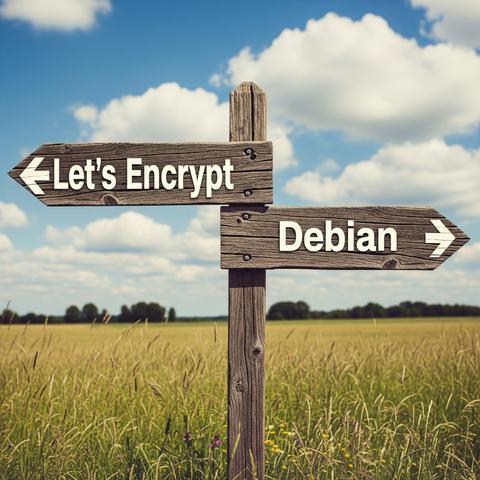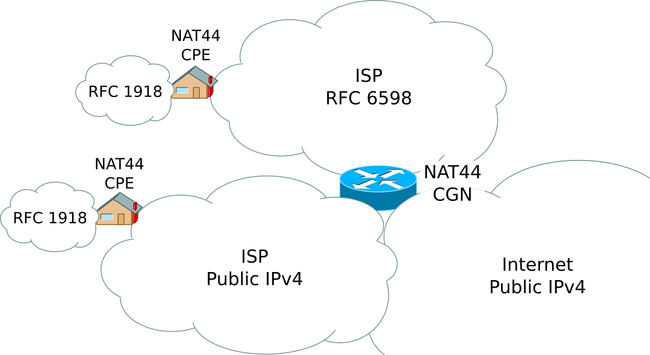certbot on Debian Bookworm fails with: The peer didn't know the key we used
#LetsEncrypt #Debian #Challenge #Bookworm #Trixie #Certbot #Bind #RFC1918 #Encryption #DNSSEC #ACME #DNS

certbot on Debian Bookworm fails with: The peer didn't know the key we used
Was setting up a new Debian Bookworm system in my home environment. So far I was not using certificates at home, and wanted to change this along the way, using Let's Encrypt. Since the IP-addresses here are RFC1918, I can't use the http01 challenge, and have to resort to dns01 challenges. On Debian Bookworm, using certbot, this fails reproducible.

